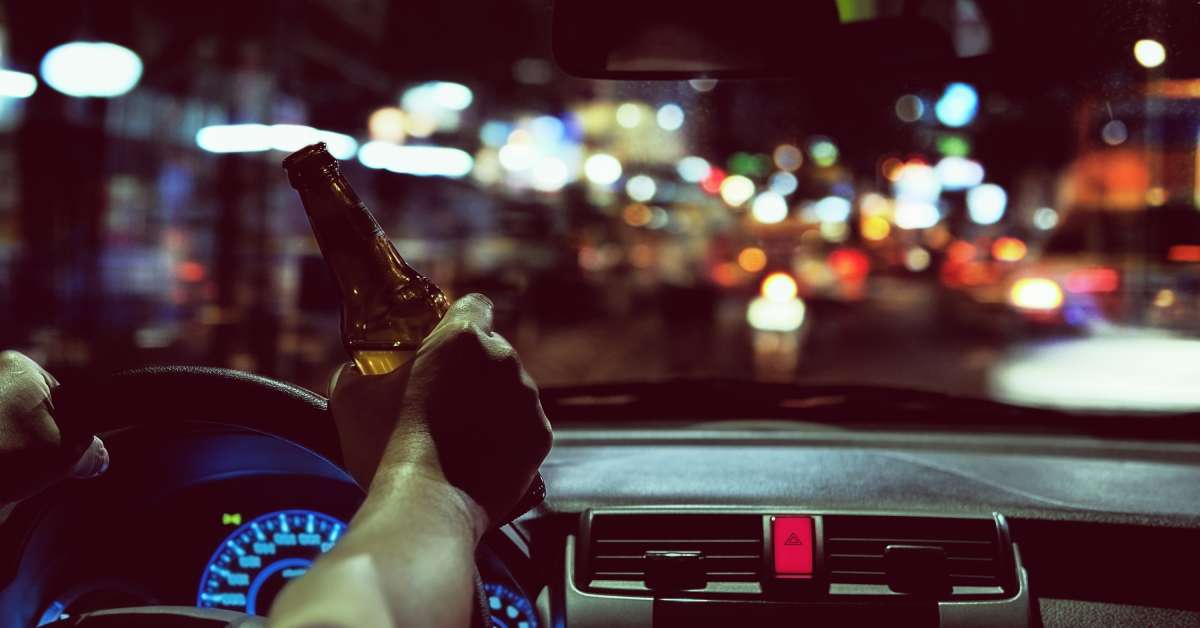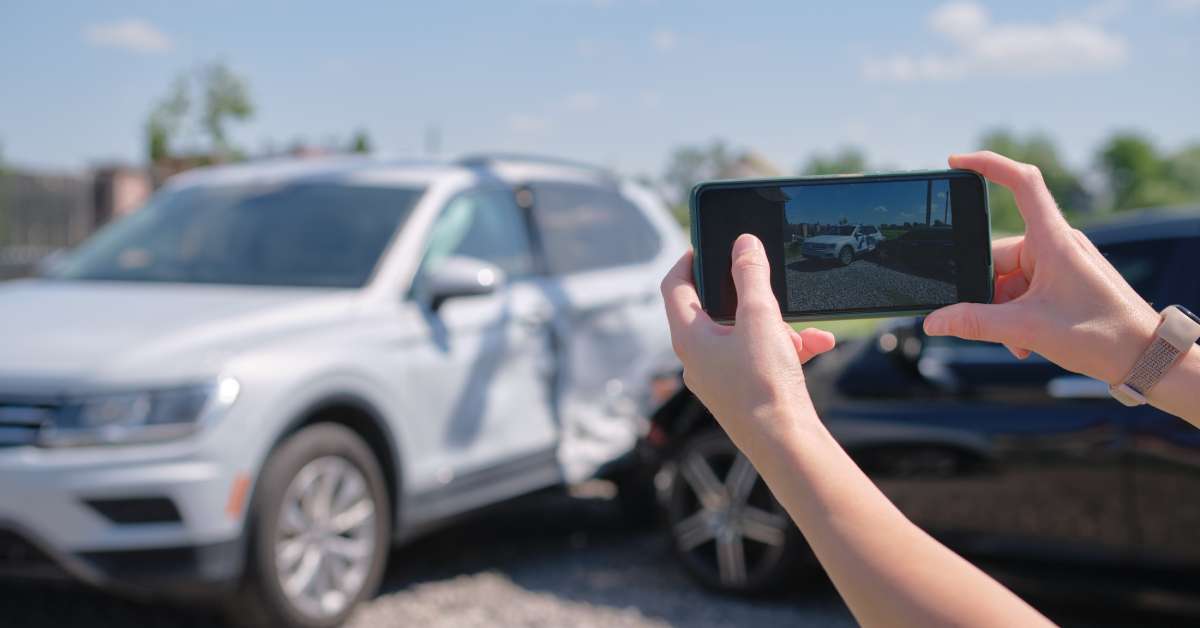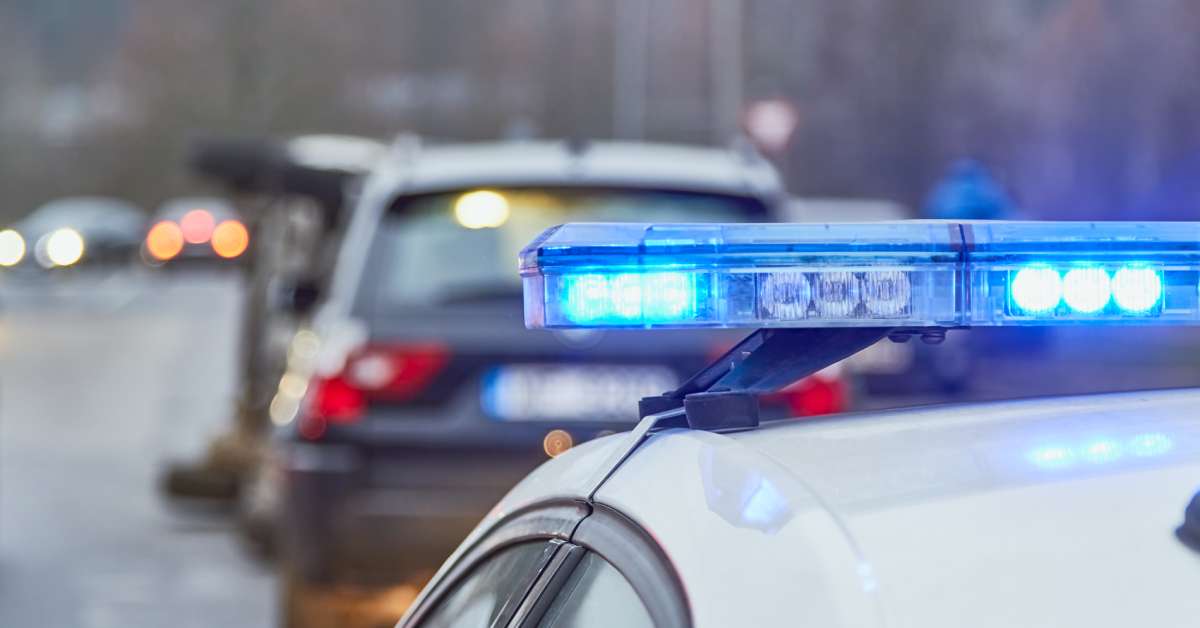10 Steps To Take If You’re in a Drunk Driving Accident

Driving under the influence of alcohol is a leading cause of severe car accidents, often resulting in injuries and fatalities. Many people know someone affected by a drunk driving accident, as about 30 percent of traffic-related fatalities involve alcohol.
Understanding the appropriate actions following a drunk driving incident will help you handle insurance claims and legal proceedings. This comprehensive guide will provide detailed instructions on the immediate steps to follow after a drunk driving accident, as well as the subsequent actions necessary to ensure fair compensation.
What To Do Immediately Following a Drunk Driving Accident
Accidents involving drunk drivers are distressing and often chaotic. If you ever find yourself in this situation, follow these steps in chronological order to ensure your safety and that you receive adequate compensation down the line.
Stay On the Scene
Regardless of the cause of the accident, you must stay on the scene to provide necessary information to law enforcement officers. Take a second to recenter yourself and do your best to remain calm. You may need to move your vehicle or take steps to make you and your car more visible to other drivers.
Assess Any Injuries
Once safe to do so, quickly check yourself and any passengers for injuries. If anyone is seriously hurt, avoid moving them and wait for medical professionals to arrive. Even if injuries seem minor, they might be more severe than they appear, so get a thorough assessment from a medical professional as soon as possible.
Call 911
Immediately call 911 to report the accident and request assistance. Inform the dispatcher of your location, the number of vehicles involved, and any known injuries. The faster emergency services arrive, the quicker injured parties can receive needed medical care, and law enforcement can secure the scene.
Seek Medical Care
Even if you feel fine, you should seek medical attention after an accident. Some injuries, like whiplash or internal bleeding, aren’t always immediately apparent. A medical report can also serve as vital evidence if you decide to pursue legal action later.
Look for Signs of Intoxication
Observe the other driver’s behavior for signs of intoxication, such as slurred speech, stumbling, or the smell of alcohol. You may also notice physical evidence in their vehicle, such as an open container or drug paraphernalia. Inform the responding officer about these observations so they can take appropriate action.
Gather Evidence
While waiting for authorities, gather as much evidence as possible. Take photos of the accident scene, vehicle damage, and visible injuries. These images can be indispensable for insurance claims and potential legal proceedings. Also, note any traffic signs or signals that might have contributed to the accident.
Collect Information About the Driver
Without compromising your safety, record details about the intoxicated driver, including names, contact details, license plate numbers, and insurance information. Remember that it may be risky to approach the other driver if they’re aggravated or acting unpredictably. If you see any witnesses, get their contact information as well. Their accounts can provide additional support to your case.
Steps To Take Following a Drunk Driving Accident
Following the initial responses to the accident, you must follow important steps to ensure your legal and financial protection. Next, we will outline the actions you should take in the days and weeks after the incident.
Contact Your Insurance Company
Notify your insurance company about the accident as soon as possible. Provide them with all the gathered information and any evidence you’ve collected. This prompt communication can expedite your claim process and ensure you receive the necessary support.
Retain Relevant Documents
Keep all documents related to the accident, including medical records, repair bills, and correspondence with your insurance company. Organizing these documents will make it easier to reference them if needed for legal or insurance purposes.
Consider Filing a Civil Suit
If the accident resulted in significant damages or injuries, you might consider filing a civil suit against the drunk driver. Consult a personal injury attorney to discuss your options and determine the best course of action. A successful lawsuit can help cover medical expenses, lost wages, and other damages.
Criminal Penalties for Drunk Driving
After a drunk driving accident, the state will press criminal charges against the intoxicated driver. Drunk driving results in severe criminal penalties aimed at deterring such dangerous behavior and ensuring justice for victims. Understanding these potential consequences emphasizes the seriousness of the offense and the importance of legal deterrence.
Jail Time
Drunk driving is a severe offense that could result in jail time, especially if the incident caused injuries or fatalities. The length of the sentence can vary depending on the accident’s severity and whether the driver has prior offenses.
Fines
In addition to jail time, drunk drivers often face substantial fines, which can range from hundreds to thousands of dollars. Fine amounts depend on a driver’s history of offenses and jurisdiction. On top of punitive fees, drivers can expect to pay high legal fees and impounding costs.
License Suspension
The suspension of a driver’s license is a common consequence of drunk driving. This suspension can last from several months to years, depending on the severity of the offense and state laws. Most states require drivers with DUIs to acquire SR-22 or FR-44 insurance to reinstate their license and complete daily tasks with a personal vehicle.
Other Consequences
Drunk driving can lead to various consequences, including mandatory alcohol education programs, community service, increased insurance premiums, and interlock device installation. These penalties aim to rehabilitate the offender and reduce the likelihood of repeat offenses.
Being involved in a drunk driving accident is a harrowing experience, but knowing the right steps can make a significant difference in the aftermath. Understanding the consequences of driving under the influence can help you grasp the situation’s gravity and inform your decisions moving forward.
Serenity Group can aid high-risk drivers in getting their lives on track following a DUI. Whether you’re looking for affordable SR-22 insurance or cheap non-owner auto insurance, our team specializes in providing tailored policies that fit your budget. Contact us today for more information.



Recent Comments